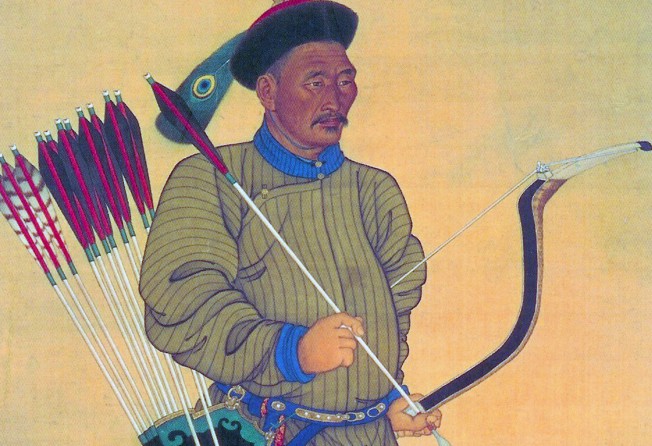
How China got men to fight wars before the 20th century, and how reluctant soldiers devised ways to dodge the draft
- Recruitment, the institution of military families and conscription were the three main methods Chinese rulers used to supply the regime with military men
- Chinese men wanting to avoid the draft could attempt to bribe conscription officials, or flee to remote areas or other parts of the country

The scenes of young Russian men crowding airports, bus depots, train stations and even land borders to escape conscription put paid to the story certain Russians tell themselves about their nation standing united behind their government’s war with Ukraine.
Some may be objectors who do not buy into the justifications for the invasion of Ukraine that their president Vladimir Putin has spun. Many others simply wish to live, instead of facing the prospect of dying on the battlefield, which, given the large numbers of casualties on both sides, is a highly possible outcome.
Most of us are unwilling to fight in wars that other people started, even if those people claim to speak for us.

Before the 20th century, Chinese rulers had multiple ways of forcing men to fight, but they could be distilled into three main methods.
One solution used to supply the regime with military men was recruitment. Most of these men had been displaced by natural disaster, or lived on society’s margins or had no other means of livelihood. The government provided them with training and housing, and paid them a stipend.
Another method was the institution of military families. Separated from the rest of society, these families were obliged to provide men for hereditary and lifelong military service.
Unlike other commoner families, military families did not have to pay taxes. Many were given land to farm during peacetime, but they would be mobilised to fight when the country went to war.
Finally, there was conscription, which was the most popular method because large numbers of fighting men could be conscripted within a short time. This was particularly useful during times of war. It goes without saying that conscription was imposed on an unwilling population.
Just like the many young men in Russia today, generations of Chinese men devised ways to dodge the draft. One could attempt to bribe conscription officials, and if that failed one could flee to remote areas or other parts of the country.
My maternal grandfather fled overseas when, sometime in the 1930s, rumours were rife in his hometown in Kaiping, in China’s Guangdong province, that an army was about to “kidnap strong young men” to augment its ranks. I am not sure if that army belonged to the Nationalists or if it was the personal army of a petty warlord.
Even my late grandfather might not have known for certain. What he did know was that he had to get out and that he did. He ended up in Singapore, where he was fruitful and fathered more than 20 children with his four wives.
By escaping conscription, his life took a different turn and he lived to the ripe old age of 98.